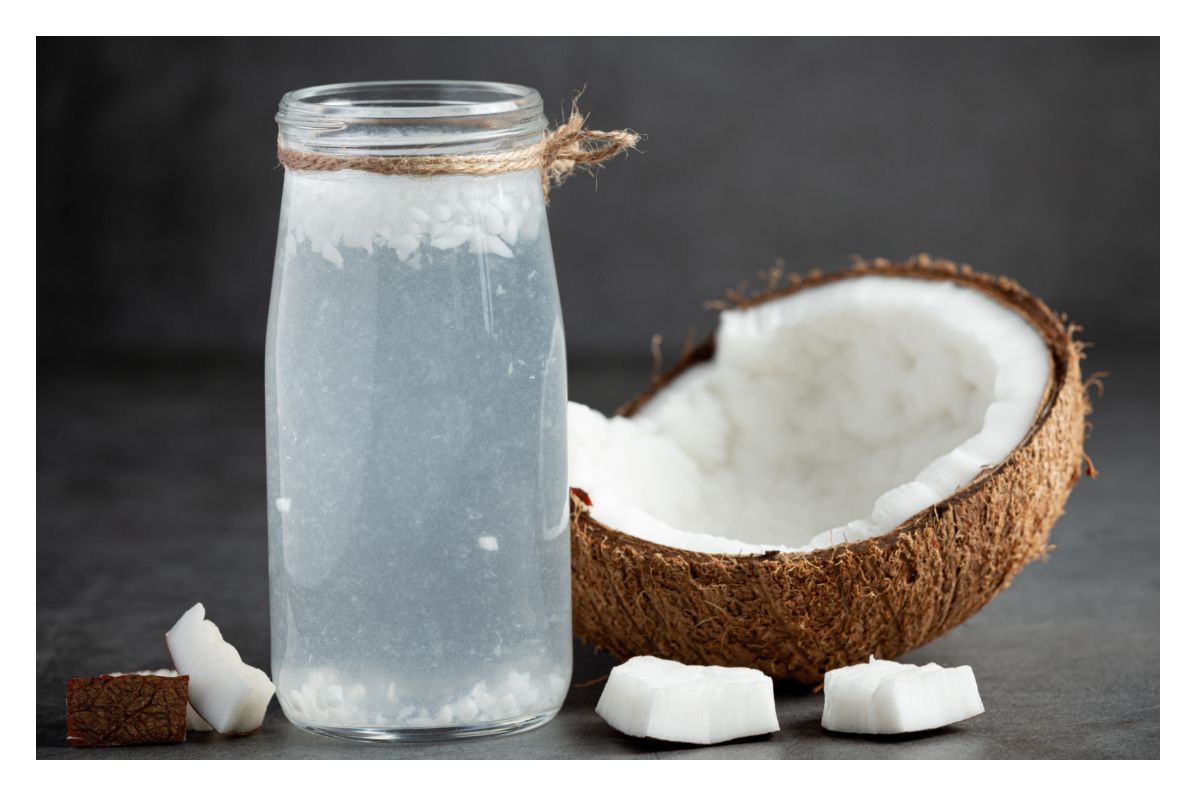Monsoon season ushers in a time of indulgence and a kind of slow life best enjoyed over steaming cups of chai and tasty snacks. However, the monsoons also bring with them the risk of diarrhoea, infections, flu and colds, and it is important to take certain precautions so as not to get sick. To counteract the current pandemic situation, immunity is of paramount importance; therefore, it is vital that we maintain the integrity of our innate immune system. That’s why now is a great time to focus on your health by incorporating a variety of healthy and nutritious foods into your diet.Read also – Do you want to increase height? These Foods Can Help You Grow Taller – Watch Video
Rohit ShelatkarVitabiotics VP, Fitness & Nutrition Expert shares a list of nutritious superfoods you should definitely try this monsoon season. Read also – Frightening! Studies reveal that long working hours can increase the risk of cardiovascular disease by 50%, explained – Watch video
- Corn (Bhutta): The quintessential Indian monsoon snack is a roasted corn on the cob with spices and butter. Because it’s low in calories and high in fiber, corn is the best healthy, energy-packed monsoon snack. In addition, it contains lutein and two phytochemicals. The insoluble fiber in corn not only helps with weight loss, it also nourishes the healthy bacteria in our gut, which aids in digestion. It is a versatile dish that can be used for both salads and main dishes, and can be boiled, steamed, or grilled.
- EggsEggs: A protein-rich multipurpose superfood, eggs are a great way to build muscle mass and are great for all seasons. It contains a large amount of protein and essential vitamins such as B12, B2, A and D, as well as minerals such as protein, zinc, iron and antioxidants. In addition, eggs stimulate the body’s immune system and help defend against infection.
- Coconut water: Staying hydrated is one of the most important things you can do to stay healthy and avoid bacterial infections. Coconut water is high in electrolytes, which can help flush toxins out of the body. It also has many immune-boosting effects and can help with skin and heart health. It is also the ideal choice for people who want to lose weight. To improve vitamin C levels in the body, drink coconut water at room temperature with a squeeze of lemon or a slice of pineapple.
- seasonal fruits: Monsoon fruits such as lychee, papaya, pears and pomegranates not only help the body digest food better, but also help it fight diseases caused by increased humidity. Monsoon fruits are also high in antioxidants, which can help lower blood pressure and fight infection. Jamun is one of those seasonal fruits that is abundant in iron, folic acid, potassium and vitamins and should be consumed.
- Curd: During the monsoon, opt for a bowl of curd or yogurt instead of milk to avoid the risk of dangerous germs entering the body. Yogurt is a probiotic food that contains beneficial bacteria that help in the development of a robust immune system. This immune-boosting superfood is high in vitamin B12 and can help support the gastrointestinal system by stimulating the growth of gut bacteria.
- Ginger: Ginger is a fantastic herb to have as it is abundant in antioxidants. It makes sense that it would be a standard home cure for ailments such as colds or coughs, sore throats, and body aches. Your immune system can greatly benefit from ginger.
- Omega-3 fatty acids: Essential fatty acids help improve immunity and fight infection by modulating the immune system. Foods rich in omega-3 fatty acids, such as walnuts, salmon, oysters, shrimp, flaxseeds, walnuts, chia seeds, pistachios, and others, can help you build a strong immune system during the monsoon season because this is when the danger of infection through food and water increases.
- bananas: Banana is the greatest defense against gastrointestinal infections during the monsoon season. It is packed with nutrients that aid digestion and also contains vitamin C (ascorbic acid) and retinol that help boost immunity. Plus, bananas are nutrient and fiber dense and keep you full for a long time.
What to avoid:
Street food, junk food, and fast food should be avoided at all costs during the monsoon season because these foods are cooked in unhygienic conditions and are known to cause infections. Also, the food is placed in the open, attracting flies and other disease-carrying insects. Trans fats are also present in fast food, which contributes significantly to obesity and converts high-density cholesterol to low-density cholesterol. A healthy lifestyle also involves exercising three to four times a week for no less than 25 to 30 minutes. It’s also important to stick to an exercise regimen even if the weather is depressing! Stay hydrated, exercise regularly, and eat the right foods to stay healthy this monsoon! Read also – Throat pain? 5 Best Herbal Teas For Sore Throat | Watch video
$(document).ready(function(){
$(‘#commentbtn’).on(“click”,function(){
(function(d, s, id) {
var js, fjs = d.getElementsByTagName(s)[0];
if (d.getElementById(id)) return;
js = d.createElement(s); js.id = id;
js.src = “https://connect.facebook.net/en_US/all.js#xfbml=1&appId=178196885542208”;
fjs.parentNode.insertBefore(js, fjs);
}(document, ‘script’, ‘facebook-jssdk’));
$(“.cmntbox”).toggle();
});
});
.
